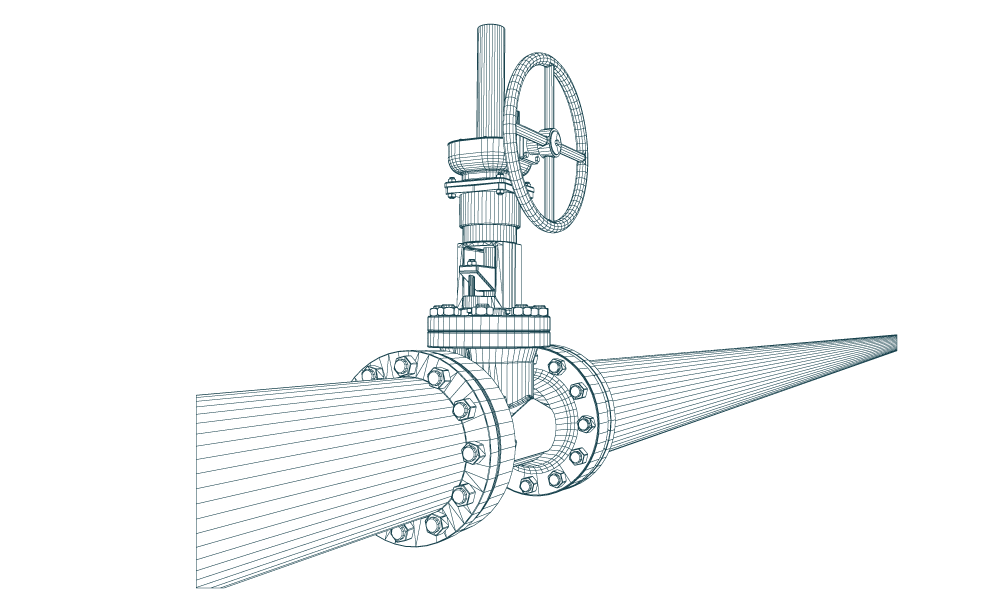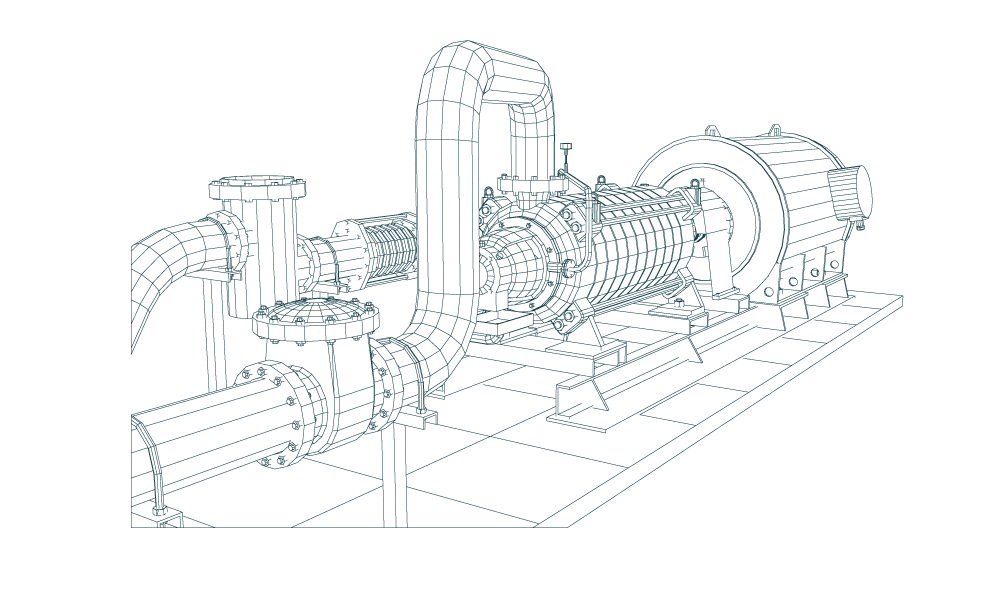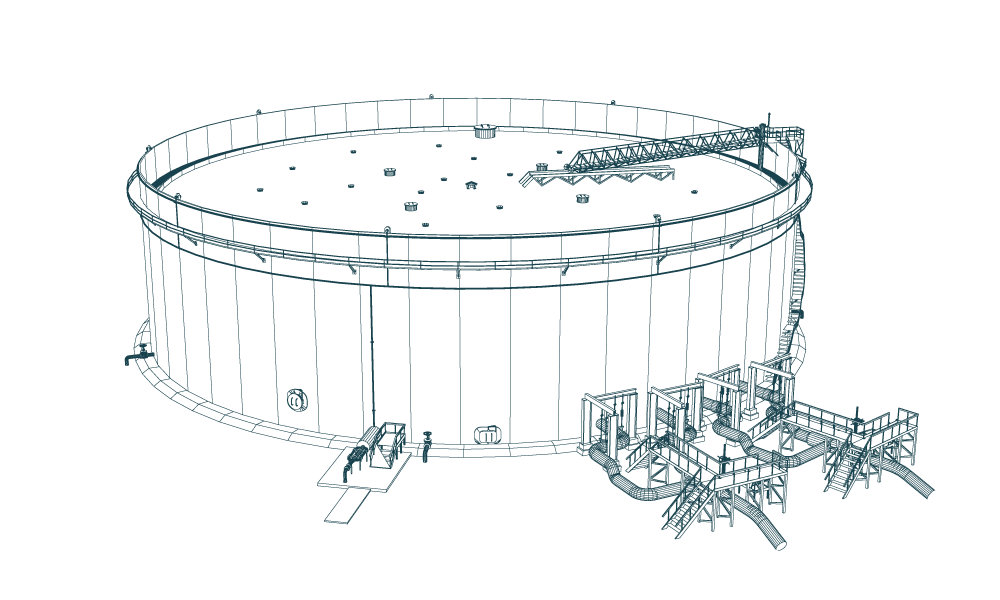PCS® Insights
Sharing Industry Knowledge, Lessons-Learned and Published Presentations
Preserving the Past, Building for the Future
The Importance of Digital Archiving for Historical Pipeline Construction Records

As a pipeline owner/operator, construction is a crucial component of your operations. Over the years, your company has likely completed many construction projects, and as your business grows, it becomes more important to keep accurate records of these projects. While many companies may have kept physical records in the past, the digital age has made it easier than ever to archive construction records digitally. In this article, we will explore the importance of having your pipeline company's historical construction records archived digitally.
1. Easy Access and Retrieval
One of the most significant benefits of having your construction records archived digitally is easy access and retrieval. With digital records, your team can quickly access records from anywhere, at any time. Whether you need to access records for a specific project, review historical data, or prepare for an audit, having your records stored digitally can save time and effort.
2. Improved Collaboration and Communication
Digital records also improve collaboration and communication among team members. When all records are stored in a centralized location, it is easier for team members to access and share information. This can improve efficiency, reduce the risk of errors, and ensure that everyone is on the same page.
3. Better Data Management and Analysis
Another benefit of digital records is better data management and analysis. Digital records can be easily organized and stored, making it easier to track and analyze data over time. This can help your company identify trends and patterns that may be helpful in making decisions and improving operations.
4. Protection against Loss or Damage
Physical records are vulnerable to loss or damage, whether due to natural disasters, accidents, or theft. Digital records, on the other hand, can be stored in the cloud, providing protection against loss or damage. This ensures that your company's historical construction records are safe and secure, even in the event of a disaster.
5. Compliance and Regulatory Requirements
Pipeline companies are subject to a range of compliance and regulatory requirements, which often require documentation and records to be kept for a specific period. Digital records can help ensure that your company is meeting these requirements, reducing the risk of non-compliance and potential penalties.
Having your pipeline company's historical construction records archived digitally can provide many benefits, from easy access and retrieval to better data management and analysis. Digital records also provide protection against loss or damage and can help ensure compliance with regulatory requirements. As your company continues to grow, it is essential to prioritize the archiving of construction records digitally to improve your operations and ensure your long-term success.
Article Details
Author: PCS Technology
PCS® Atlanta
More Information
Contact Us
We would appreciate any opportunity to assist you, and to connect you with the right person at PCS ® to address your needs and answer any questions.
Request Info Call Us 1-800-643-8306


